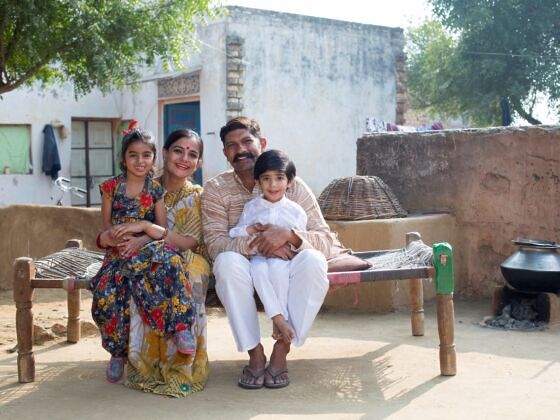No eloping — weddings are a huge deal for Indians.
With a culture of big families and big holidays, weddings are the epitome of Indian celebration. They often last for a week or more and involve multiple ceremonies and events, including fun pre-wedding functions like the Sangeet (a pre-wedding reception), the Mehendi (where elaborate henna designs are applied to the bride’s and other women’s hands and feet), and the Haldi ceremony (where turmeric paste is applied to brides and grooms like a bright yellow beauty mask). Inevitably, many Indian weddings cost a fortune— the average Indian wedding in the US has around 500 guests and costs the family around $65,000, but it’s easy to come across a wedding that costs upwards of $300,000.
